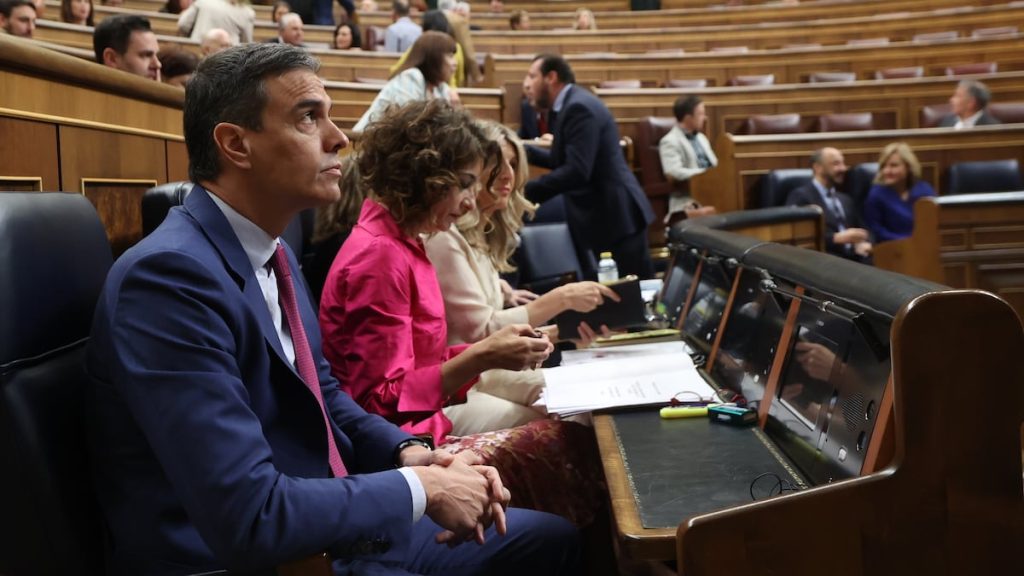Pedro Sánchez, the current President of Spain, has faced a series of challenges in recent months. He was able to secure his investiture in exchange for a controversial amnesty law, but he faced a poor outcome in the Galician elections and failed to pass the Budget. Despite the fact that the economy is performing better than that of other European countries, he is struggling to govern effectively. Amidst a year filled with elections, a corruption scandal involving high-ranking officials in his government was uncovered, along with unfavorable reports about his wife’s business activities. A judge initiated an investigation based on a complaint from the far-right union Manos Limpias. These events set the stage for Sánchez’s recent letter to the public, which has caused widespread confusion.
International headlines such as “Spain’s Prime Minister considers stepping down as his wife faces corruption probe” from the Financial Times have highlighted the seriousness of the situation. The letter, which was intended as a personal message to the citizens, omits any official letterhead and employs emotional appeals, portraying Sánchez as a victim of persecution. He alleges that he is being targeted by a combination of the right-wing and far-right forces who refuse to accept the results of the elections. While Sánchez attempts to deflect blame onto the press and the opposition, the true targets of his warning are the judges. His letter aims to polarize public opinion and generate emotional allegiance, rather than addressing the issues through institutional channels.
The letter, while potentially stemming from genuine distress, paints a distorted picture using fabrications, half-truths, and manipulation. Sánchez invokes a sense of melodrama, seeking adulation and promoting an asymmetric narrative. By generating speculation and distraction over a five-day period, he creates a sense of anticipation akin to past political stunts, such as Pablo Iglesias’ Galapagar chalet plebiscite. The President personalizes his predicament while simultaneously trying to portray it as a broader issue, framing his problems as the result of unjust persecution and implying that criticism of him is an attack on democracy itself.
The President’s rhetoric in the letter appears to be a tactic to divert attention away from the real issues at hand, such as the corruption scandal involving his wife and the challenges he faces in governing effectively. By framing himself as a victim of a political conspiracy orchestrated by the right-wing and far-right forces, Sánchez is seeking to garner sympathy and rally support from the public. However, his failure to address the accusations against his wife or engage with the media and institutional processes undermines the credibility of his narrative. Ultimately, Sánchez’s letter reflects a populist style that seeks to manipulate emotions and distract from the real issues facing his administration.


